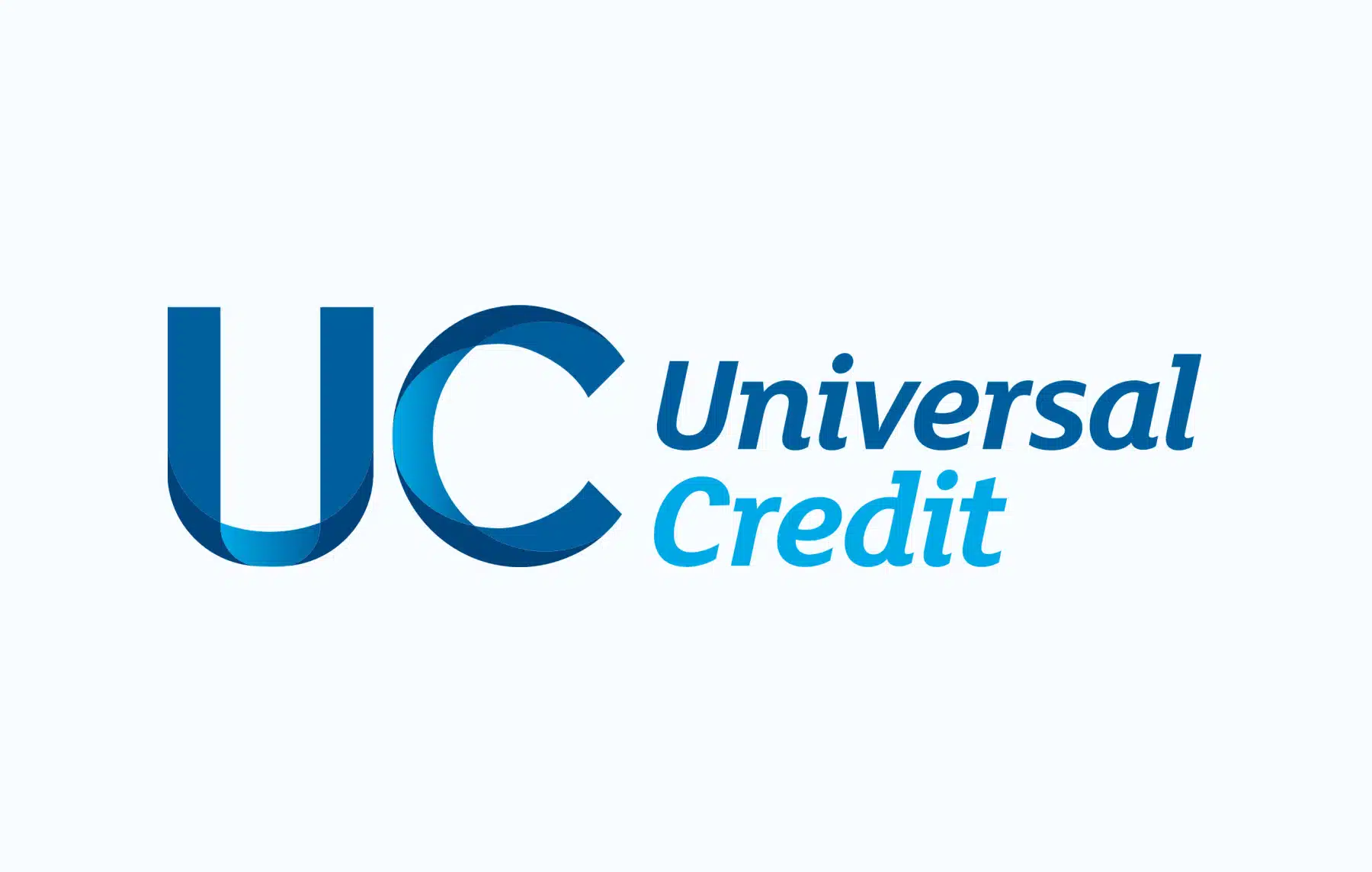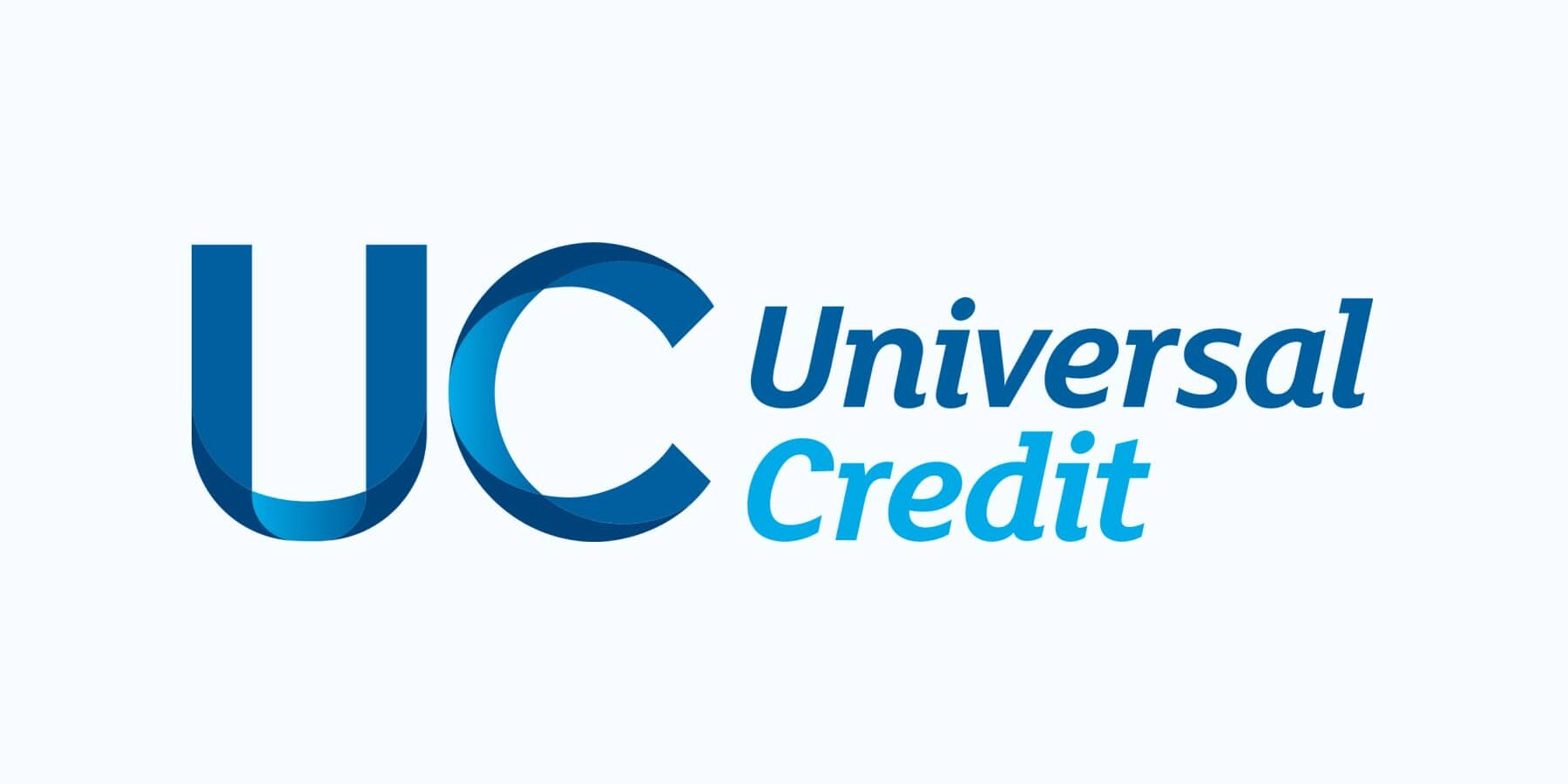
For those on Universal Credit, managing debt can be tricky. In this guide, we explain how Universal Credit can assist with debt, detailing the process and implications, and discussing potential debt management solutions.
How does Universal Credit work when you are in debt?
Universal Credit is a Government benefit designed to support people with their living costs when they are on a low income, out of work, or unable to work. One of its features is the ability to make deductions directly from your payments to repay certain types of debt. This can include rent arrears, utility bills, council tax, and loans.
When you apply for Universal Credit, you’ll need to declare your debts so that the Department for Work and Pensions (DWP) can arrange to take a portion of your monthly Universal Credit payment to cover this. This means you’ll receive a reduced Universal Credit payment, with the amount deducted going towards your debt repayment.
You’ll either receive a letter informing you of how much money will be deducted from your benefits, or this information will be in your Universal Credit journal. The amount deducted is usually 5% per debt owed.
What is debt and loan repayment on Universal Credit?
Debt and loan repayment on Universal Credit involves the automatic deduction of a portion of your benefit payment to repay outstanding debts. This can include a variety of debt types such as:
- Rent arrears: If you owe money to your landlord, the DWP is able to deduct an amount from your Universal Credit to cover the payment. For rent, between 10-20% will be deducted
- Utility bill arrears: Debts from unpaid gas, electricity, or water bills can also be deducted
- Council tax arrears: Local authorities can request deductions for unpaid council tax
- Loans: If you have taken a Budgeting Advance or other types of loans from the DWP, repayments will be deducted from your Universal Credit
How much can Universal Credit deduct for debt?
The amount that can be deducted from your Universal Credit payment depends on your specific circumstances and the type of debt. However, there are limits as to how much can be taken – currently, the maximum amount that can be deducted is up to 30% of your allowance.
It’s important to note that these deductions can significantly impact your monthly income, making it challenging to manage everyday expenses. Therefore, it’s important to understand how these deductions work. It might be worth seeking advice if you find it difficult to cope with reduced payments.
How can a debt management solution help?
If you find you’re struggling with debt while on Universal Credit, a debt management solution could provide the support you need to help you regain control of your finances. There are several options available, including Debt Management Plans (DMPs) and Individual Voluntary Arrangements (IVAs).
Debt Management Plan (DMP)
A DMP is an informal agreement between you and your creditors to pay back your debts at an affordable rate. At MoneyPlus, we can help you set up a DMP and negotiate with your creditors to reduce your monthly payments and freeze interest and charges.
It’s not always possible to freeze interest and charges but 95% of the time, we’re able to do so.
Individual Voluntary Arrangement (IVA)
An IVA is a formal agreement with your creditors to pay off your debts over a set period, which is usually five years. During this time, you make regular payments to an Insolvency Practitioner (IP), who’s in charge of distributing the money to your creditors.
Potentially, you can write off some of your debts as, after the agreed period, any debt remaining in the IVA is written off.
While Universal Credit can assist with debt through direct deductions, it’s important to understand how this affects your overall finances.
Exploring debt management solutions such as DMPs and IVAs can provide additional support and help you get your finances back on track. By seeking the right advice and support, you can make informed decisions about managing your debt and securing a more stable financial future.
For more tips on managing debt, including how to request breathing space, see How To Get Out of Debt Without a Loan.

To discover more about how to manage your debt and to receive free debt advice, you can visit www.moneyhelper.org.uk.

